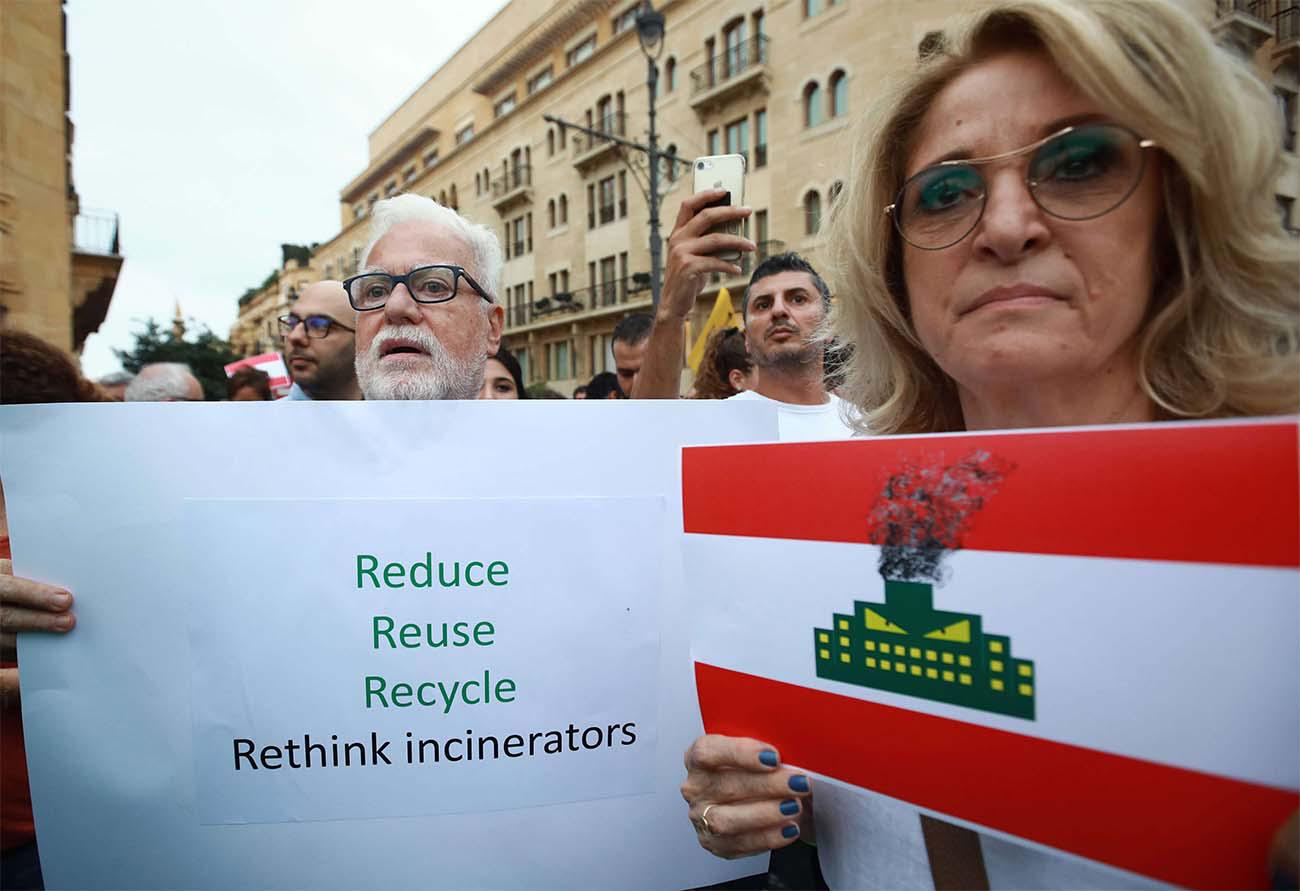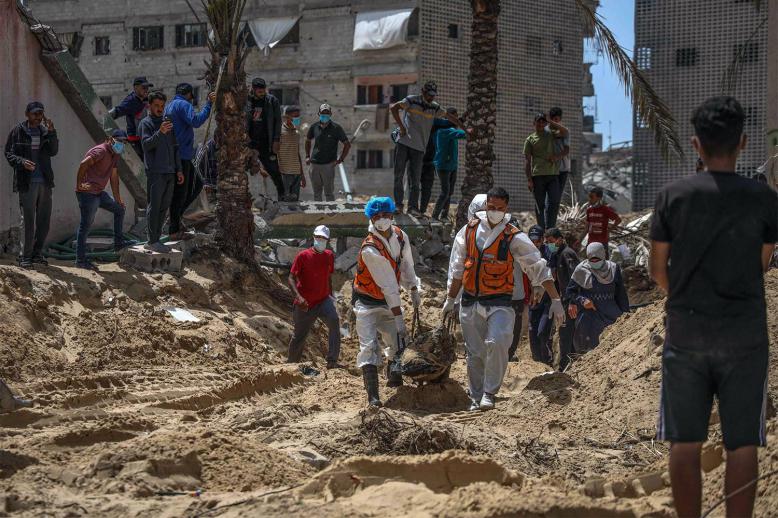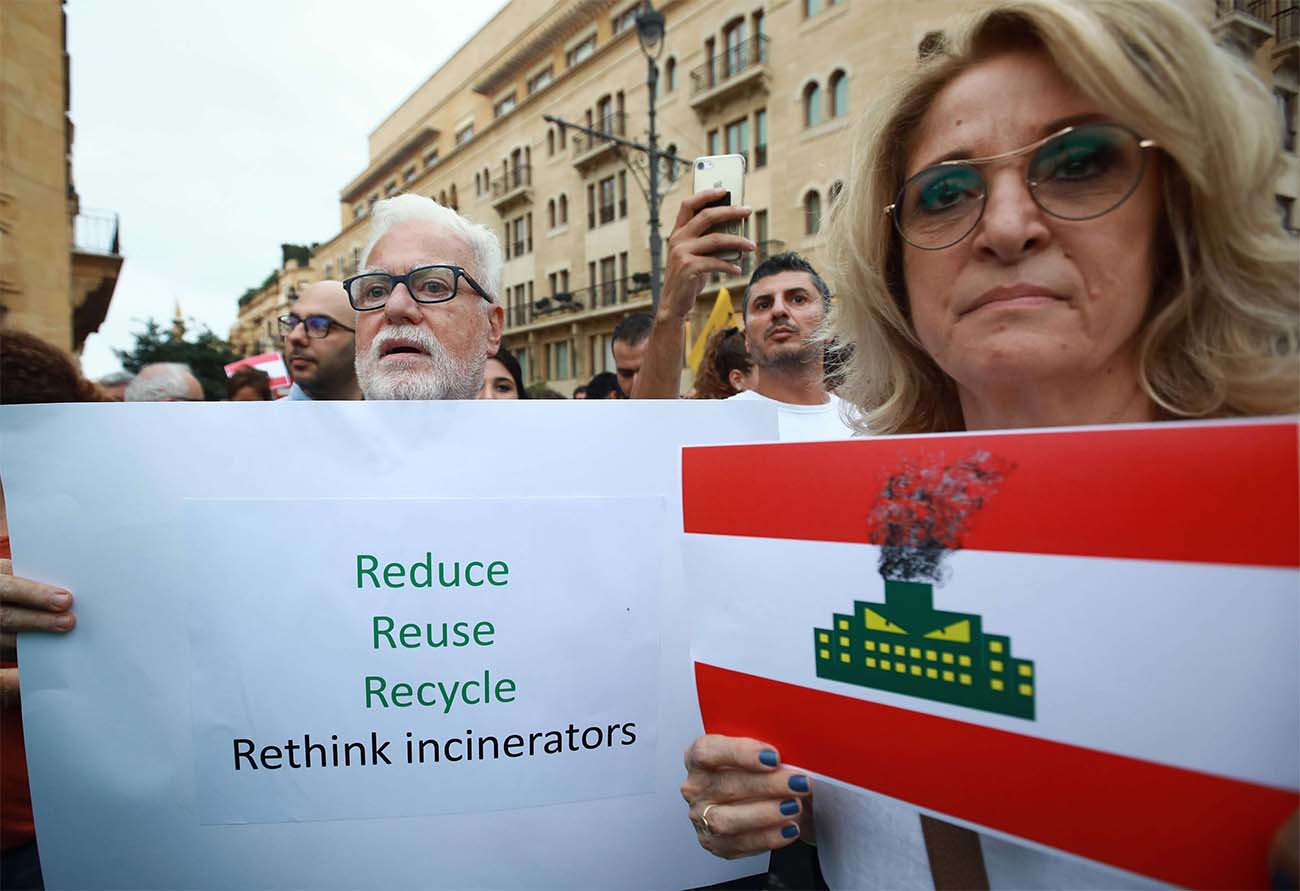EU anti fraud officers to probe aid scam in Lebanon
CASABLANCA - The European Union’s own anti-fraud division in Brussels is considering investigating EU aid scams in Lebanon, promoted by an MEP who is calling for prosecutions to be made there due to embezzlement of EU funds.
EU waste management schemes in Lebanon may well be investigated by the European Union itself following an in-depth investigation into corruption and subsequently embezzlement of EU funds going back over a decade, Middle East Online has learnt.
Ten compost and sorting plants in Lebanon are coming under fire for not only being set up with a fraction of the funds allocated to them, but believed to be poisoning Lebanon’s ground water, which is linked to rising cases of cancer, a previous investigation by award winning journalist Martin Jay revealed.
The European Union’s own anti fraud office has received a formal and detailed complaint - seen by Middle East Online - from a respected MEP who visited Lebanon in 2016 and is an anti corruption campaigner – and who is calling for prosecutions of both Lebanese and EU officials there.
The lion’s share of the funds for the plants, 30 million US dollars, the investigation claims, was diverted into the pockets of Hezbollah through an elaborate scheme involving companies which were commissioned to make fake machinery at a fraction of the real costs, for the express purpose of quickly being reimbursed by the EU.
The investigation focused on one plant just north of Tripoli where around 2.5 million euros was swallowed up in the scam which produced eight huge composting drums which were entirely fake and never functioned. Consequently, the same operation had to be built with a fraction of the real costs so dramatic compromises had to be accepted, leading to an environmental calamity with lab tests of water samples showing ground water there being 100 times more contaminated with bacteria than what international health organisations consider to be an acceptable risk. Compost also made at the plant is believed to be toxic as it was made with sub standard ‘DIY’ machinery for over a decade.





